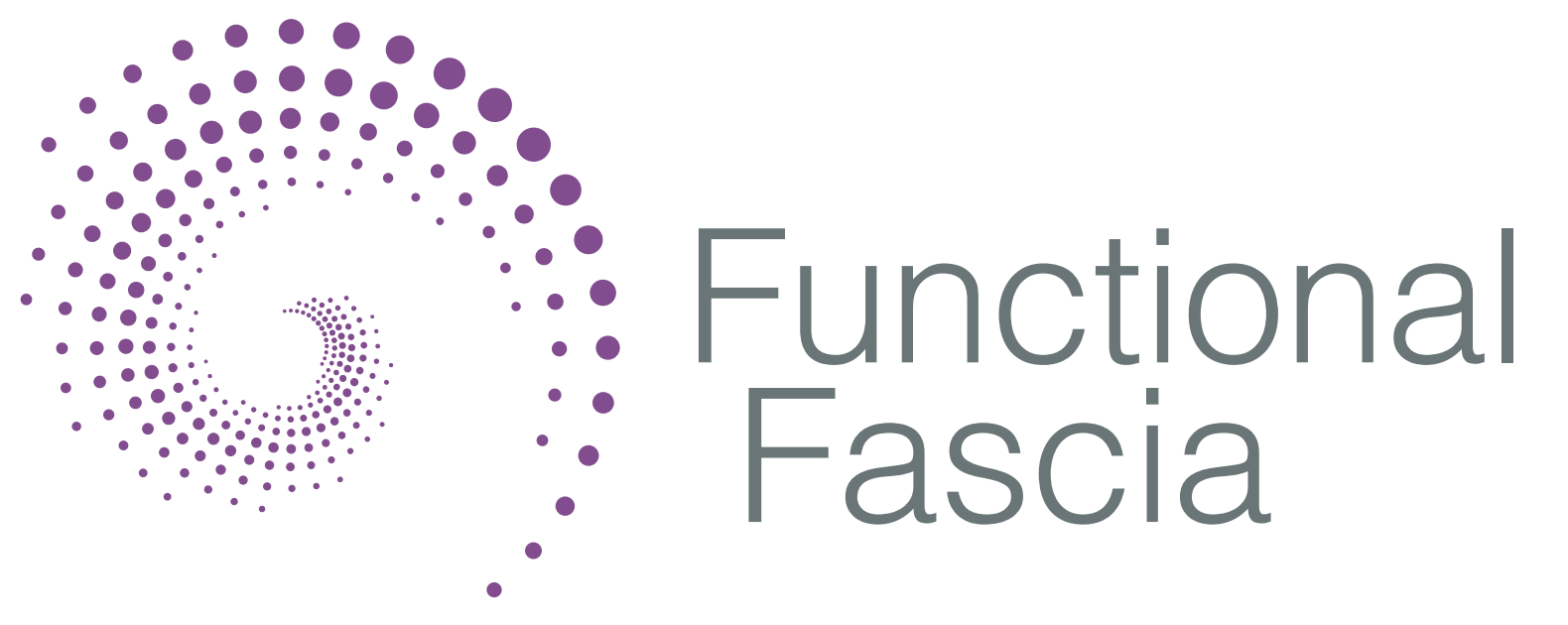2020 Intensive Human Dissection Workshops
Click Here for One Day Workshops
The Functional Human with Julian Baker
All Courses now open for booking.
Terms and Conditions Apply
Please email: [email protected]
St Andrews, Scotland
July 13th-23rd 2020
£2100
This now legendary ten day class has now been confirmed for 2020.
Click Here for more information.
5 DAY CLASS
Melbourne, Australia
23rd – 27th November 2020
$3500A
A five day class open to all manual and movement therapists, medical students
physiotherapists, chiropractors, Bowen practitioners, massage therapists etc
Click Here for more information
This is a five day dissection class with whole cadavers
One Day Classes
All our one day classes have now been cancelled for 2020
We instead have a series of webinars offering a range of subjects relating
to human anatomy and function
Webinar Series
We hope to be offering a full schedule of one day classes for 2021
Please join our mailing list to be kept informed of all our courses and content
All materials and tools provided. Attendees will be required to provide a lab coat.
(Lab coat hire available £10, proceeds to WaterAid)
A rare opportunity to fully dissect the human form. Led by Julian Baker, one of the Europe’s leading experts on connective tissue function and dissection, this is a remarkable series of workshops. It will be open only to qualified bodyworkers and allied health professionals or those with a relevant qualification. You will be asked to submit a CV and an outline of your qualifications and experience as well as a personal statement of intent, which will be submitted to the university for admission to this course. We may also phone you to discuss your application. You will be asked to sign a non-disclosure and indemnity form prior to attendance.*
*Please see our terms and conditions for more information
Please email: [email protected] for more details or call Julian 07778 641171
Please click below to sign up to our newsletter and mailing list
Locations
St Andrews
The jewel in the crown of locations and facilities, St Andrews School of medicine is a new, state of the art facility overlooking the home of golf, the Old Course of St Andrews. Well lit and with break out rooms and a well stocked library, the lab at St Andrews is a remarkable venue. A five minute walk in to the historic town centre provides an array of shops, bars and restaurants and on the doorstep the incredible five miles of beach and nature reserve await your walking pleasure.
Katowice, Poland
This is a remarkable place in the stable of locations I work from. Easy to get to from the UK and only 80kms from Krakow, it’s how you imagine Eastern Europe really is. Friendly, but functional, it has everything we need and the most helpful and open members of staff in the medical school.
We stay not far from the training location in pleasant surroundings again with access to good food at low cost.




“Seeing the bodies revealed in all their glory has given me even more respect and admiration for our bodies, and the way they function on a daily basis [and how they] heal when wounded. Seeing the beauty and interconnection of the fascial tissue has given me a whole new ‘view’ in my head when I treat. It has totally enhanced the way I treat and how I relate what I’m doing to the client during the session.” Juliette T
Organiser
Julian Baker has been running connective tissue dissections at various UK medical schools for ten years years. He has worked closely with Gil Hedley Ph.D, assisting him in his intensive six day integral anatomy workshops. An experienced body worker and teacher, Julian has been working with soft tissue therapy for over 20 years and lectures widely on body mechanics, fascia and connective tissue.
This course is designed specifically for hands on body workers and aims to formulate an alternative view of traditional anatomy.
The anatomy we learn in books and in classes doesn’t really relate to overall body wide function and what we experience during hands on treatments. These courses will allow you the time to explore the tissues that you feel every day and develop a different, holistic and connected view of the body as a functioning unit.
Skin and superficial fascia
After introducing ourselves to the facility and the forms we will be working with, we start the process of removing the skin and studying the superficial fascia, the adipose layer, beneath. This is a vital session for body workers as these two layers represent the interface that we work on when treating.We will then reflect the adipose layer to reveal the deep fascia, studying its connective nature and its differentiated relationship to muscle and adipose.
View Dissection FAQs
2020 dissection course dates now available

